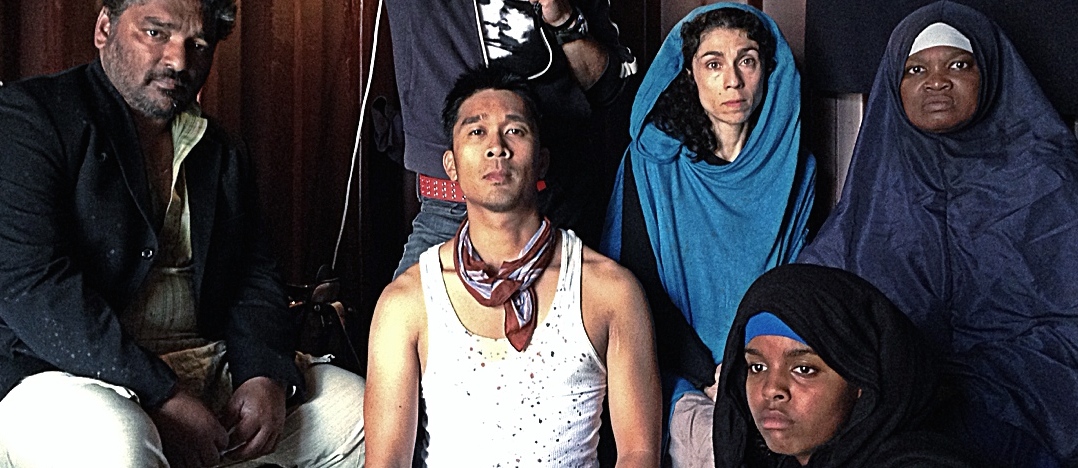Alborz Atashband – There are so many factors and variables involved in asking what to do next that there is no right or wrong answer. This is simply my view on the Green Movement.
I feel that the centre of this movement is more so youth than women’s rights. If the focus was on women, we’d be seeing far more radical demands from this movement than mere loosening of some strict Islamic laws; we would ask for full equality and an end to all discrimination towards women regardless of Islamic law. I don’t see this happening and I know many women that don’t call themselves Greens for this very reason.
This brings me to my second point: do we want this Islamic regime to stay in power or not? The only leading opposition figure that’s asked for a referendum for secular democracy is Ayatollah Borujerdi, who’s in jail. I’m sure many Iranians would join the Green Movement if they were to ask for a referendum. Some Iranians say a call for a revolution is akin to calling for an end to any legitimacy our movement had. I say the opposite is true; without calling for a whole overthrow of this regime we won’t go anywhere because less people will support us – these people want to know that they’re not fighting for more of the same. Why are we so scared to ask our leaders to step down, like the youth of Egypt and Tunisia have?
Unfortunately ethnic minorities have also been left out of the Green Movement. As a Turkmen, I believe I speak for all ethnic minorities in Iran when I say we want to be able to have our local government and schools in our language, fair and equal resource distribution, and self determination. We simply want a federalist system where we can decide our own provincial / regional issues. We don’t want to veto the government on major issues such as separation, and we’ve never asked to do so. Our country has been operating as a quasi-federalist system for thousands of years prior to the Pahlavis, and support for self determination is what’ll save Iran. If the leaders don’t stand up we’ll continue to see silence and noncooperation with the Greens from ethnic minorities (who make up more than half of Iran’s population), and our movement will continue to stagnate.
Another problem is our movement is not reaching out to those most affected by the regime – the working class, farmers, and the poor. As an Iranian from a rural area, I can see firsthand how desperately impoverished – and left behind – these Iranians are. If we want to see more people join our movement we have to fight for the right to a fair job with an adequate wage, the right to healthcare, the right to education, the right to adequate housing, and support for farmers and small agriculture. Many Iranians say the regime gets its support from the lower classes and villagers; I know that, in fact, the opposite is true, and excluding them from our movement is a very grave mistake.
These thorny issues of ethnic self determination, rights for the poor and working class, an overthrow of this regime in its entirety, and full equality regardless of sexual orientation and gender make up the collective spark that will ignite our movement from sporadic protests in a few major cities to a full nationwide movement against this regime, and establish an egalitarian secular democracy that respects the rights of ALL its citizens, not just a select few.




